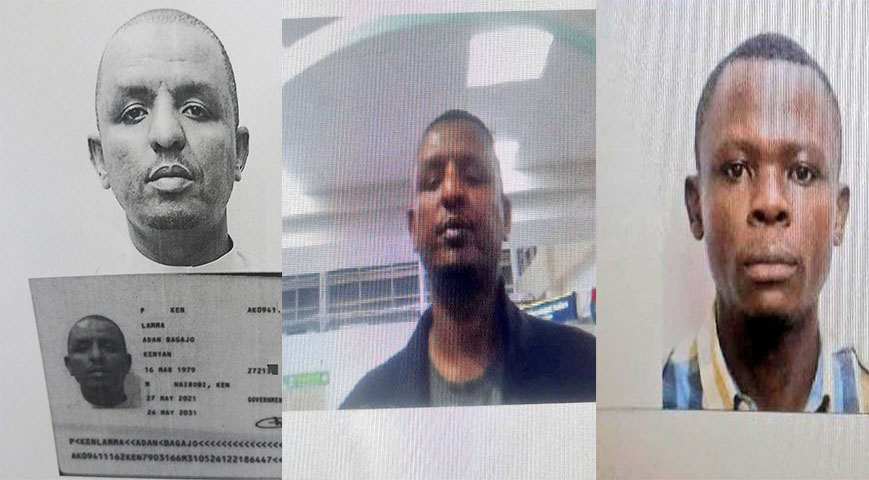Travelers seeking to travel to Singapore’s Changi Airport will soon have a smooth experience, beginning in 2024.
This is after Singapore’s Communications Minister Josephine Teo announced that Changi Airport will introduce automated immigration clearance, which will allow passengers to depart the city-state without passports, using only biometric data.
“Singapore will be one of the first few countries in the world to introduce automated, passport-free immigration clearance,” she announced during a parliament session on Monday.
Further, during the session, several changes to the country’s Immigration Act were passed.
Biometric technology, along with facial recognition software, is already in use to some extent in Changi Airport at automated lanes at immigration checkpoints.
Did you read this?
But the upcoming changes will “reduce the need for passengers to repeatedly present their travel documents at touch points and allow for more seamless and convenient processing,” Teo said.
The use of tangible travel documents like boarding cards and passports will be replaced by a "single token of authentication" that will be created using biometrics and used at a variety of automated contact points, including baggage drop, immigration clearance, and boarding.
Teo emphasized that many nations outside of Singapore will still require passports because they do not offer passport-free access.
Singapore's Changi Airport, frequently named the best and busiest airport in the world, is served by more than 100 airlines that travel to 400 destinations in roughly 100 countries and territories across the globe.
In June, it processed 5.12 million passenger movements, exceeding 5 million for the first time since the Covid-19 pandemic hit in January 2020.
There are currently four terminals at the airport, which is a destination unto itself.
To accommodate the rising number of travelers, it will likely grow by adding a fifth floor.
Changi Airport anticipates a return to pre-pandemic passenger and flight traffic levels and expressed optimism that the planned biometric technology will contribute to more efficient passenger flows.
“Our immigration systems must be able to manage this high and growing volume of travelers efficiently and provide a positive clearance experience, while ensuring our security,” Teo said.












